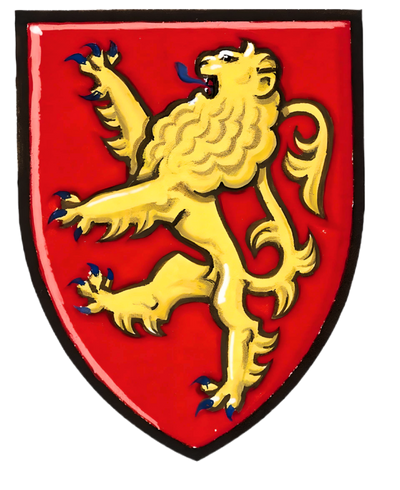Online Etymology Dictionary
We're thrilled to announce our foundation's journey into the fascinating world of language and its rich history. Through the study of etymology, we aim to unravel the hidden stories behind the words we use daily, connecting us with diverse cultures and histories. To aid us in this exploration, we proudly introduce Etymonline, an authoritative online etymology dictionary. Join us as we delve into the origin, development, and nuances of words, deepening our appreciation for the richness and complexity of language. Explore Etymonline here and discover the captivating stories that shape our thoughts, conversations, and interactions. Welcome aboard this voyage of linguistic discovery.This is a map of the wheel-ruts of modern English. Etymologies are not definitions; they're explanations of what our words meant and how they sounded 600 or 2,000 years ago.
The dates beside a word indicate the earliest year for which there is a surviving written record of that word (in English, unless otherwise indicated). This should be taken as approximate, especially before about 1700, since a word may have been used in conversation for hundreds of years before it turns up in a manuscript that has had the good fortune to survive the centuries.
The basic sources of this work are Weekley's "An Etymological Dictionary of Modern English," Klein's "A Comprehensive Etymological Dictionary of the English Language," "Oxford English Dictionary" (second edition), "Barnhart Dictionary of Etymology," Holthausen's "Etymologisches Wörterbuch der Englischen Sprache," and Kipfer and Chapman's "Dictionary of American Slang." A full list of print sources used in this compilation can be found here.
Since this dictionary went up, it has benefited from the suggestions of dozens of people I have never met, from around the world. Tremendous thanks and appreciation to all of you.

